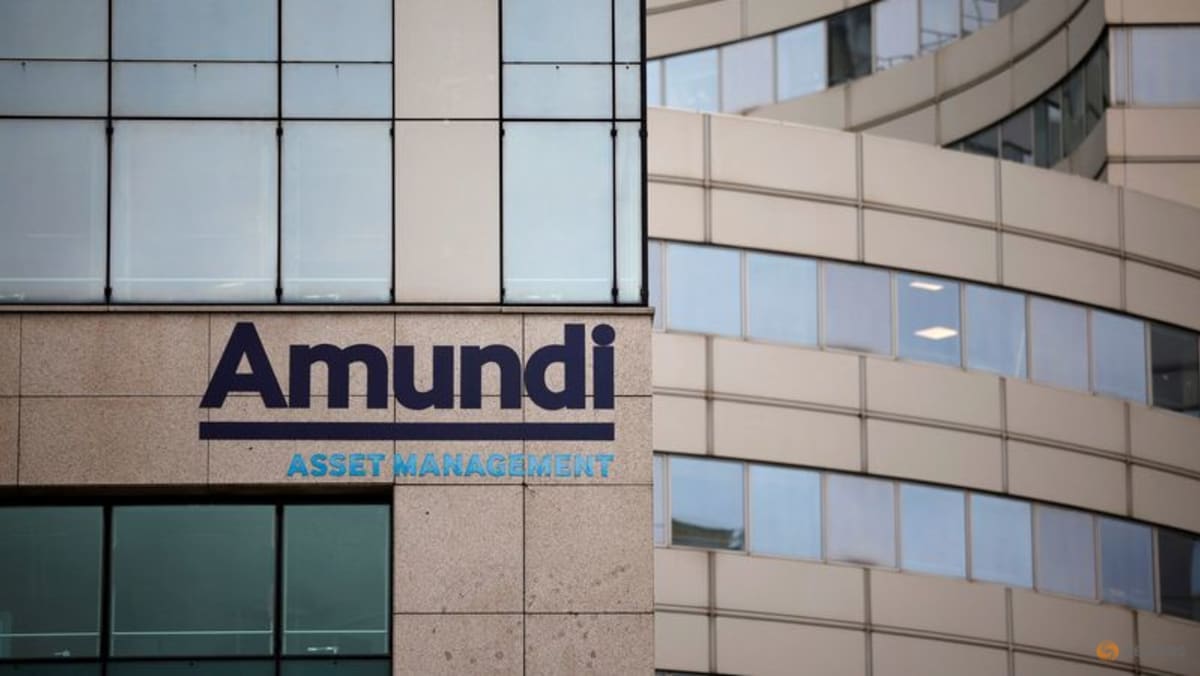LONDON :Europe’s largest asset manager has raised concerns that a boom in dollar-backed stablecoins in the wake of the United States’ GENIUS Act could cause a major shift in money flows that destabilises the global payment system.
The U.S. Senate passed the GENIUS Act a bill last month to create a regulatory framework for the U.S.-dollar-pegged cryptotokens.
It is expected to be passed by the House of Representatives and approved by President Donald Trump, leaving other countries worried about a wave of so-called ‘dollarization’ of economies if their own populations buy them.
“It could be genius, or it could be evil,” Amundi Asset Management’s chief investment officer Vincent Mortier told Reuters, voicing his concerns about the U.S. act.
JPMorgan expects the amount of stablecoins in circulation to roughly double to $500 billion in the next few years, although some estimates have put it as high as $2 trillion.
As stablecoins need be pegged to the dollar under the U.S. act, it will trigger buying of U.S. Treasury bonds. That has its benefits for the U.S. as it grapples with a gaping budget deficit, but could also pose problems for the U.S. and other countries.
“In doing so you create an alternative to the U.S. dollar and that could lead to more weakening of the dollar,” Mortier said. “Because if a country is pushing a stablecoin, it could be perceived as pushing the message that the dollar is not that strong.”
Currently, 98 per cent of all stablecoins are pegged to the dollar, but more than 80 per cent of stablecoin transactions happen outside the United States.
Italy’s finance minister, Giancarlo Giorgetti, warned in April that the U.S. stablecoin policies presented an “even more dangerous” threat to European financial stability than Trump’s trade war.
His argument was that access to dollars without needing a U.S. bank account would be attractive to millions of people and could undermine countries’ monetary sovereignty.
The Bank for International Settlements issued a similar warning on the risks posed by stablecoins, noting their potential to undermine monetary sovereignty, transparency issues and the risk of capital flight from emerging economies.
Mortier, who oversees the 2 trillion euros ($2.36 trillion) of assets Amundi manages – none of which are in crypto – said he still had not fully made up his mind about stablecoins, but the worry was that a mass uptake could impact financial stability.
As well as the dollarization issue, they would become “quasi-banks” he said, as people will deposit money in a coin assuming they can take it out again whenever they want. They will also be used as a direct means of payment.
“It could potentially destabilise the global payment system,” he said. “I’m not so sure it’s a good idea”.
($1 = 0.8483 euros)













